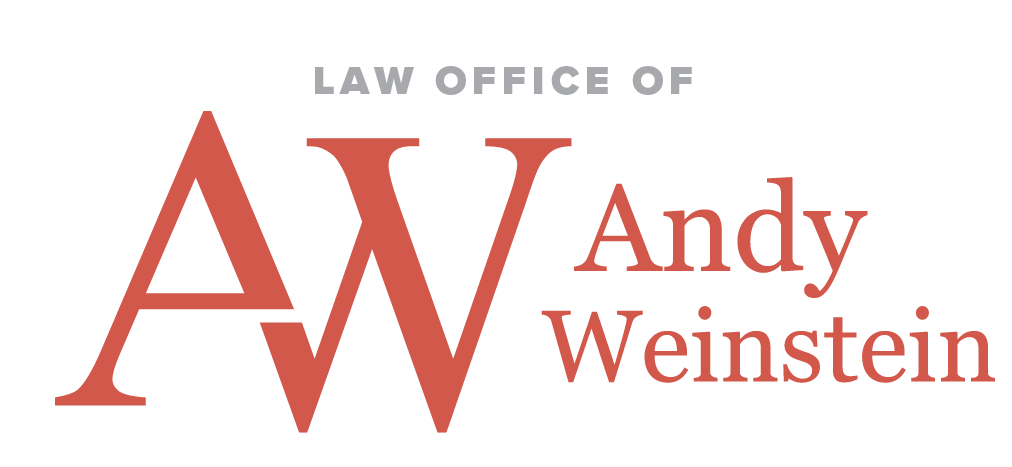In the United States, habitual or persistent offender laws are commonly referred to as the three strikes laws. Implemented on March 7, 1994, the three strikes law was originally part of the United States Justice Department’s Anti-Violence Strategy. The law makes it mandatory that an individual convicted of a severely violent felony and has two other previous convictions to serve a life sentence in prison. The intended purpose of the three strikes law is to drastically increase the punishment of those convicted of more than two serious crimes.
Since the federal law was passed, many states have adopted their own three-strikes law. The specifics of these laws vary from state to state and because they have often been met with controversy, some have been amended. The idea that repeat offenders of serious or violent criminal offenses receive harsher punishment isn’t a new idea.
Three Strikes Law in New York
Some states already had similar existing laws such as New York, which has had a habitual felon statute on the books since 1797. According to this statute, third-time felons face a minimum of 15 years to life, a term often far beyond the normal maximum sentence. The statute also authorizes judges to consider the “history and character of the defendant and the nature and circumstances of his criminal conduct.
Three Strikes Law in New Jersey
Other states like New Jersey, adopted their own three strikes law shortly after the federal law was passed. The three strikes law in New Jersey requires that an individual convicted on three occasions of certain violent crimes in any jurisdiction will be sentenced to a mandatory term of life imprisonment with no eligibility for parole. The law includes such criminal offenses as murder, manslaughter, aggravated assault, kidnapping, sexual assault, robbery and possession of a firearm, explosive or destructive device for an unlawful purpose.
The Controversy
As previously mentioned, some states have amended their three strikes laws. The main reason for this is that in some cases, the punishment the law required seemed extreme for the crime committed. Due to the wording of the law in some states, not all of the offenses need to be serious criminal offenses to enact the three strikes law.
For example, in California, a man was sentenced to life in prison for stealing videotapes from a grocery store. Although this crime generally carries a sentence of several months in jail, since he had two prior felonies, the shoplifting conviction earned him a lifelong prison sentence. The United States Supreme Court upheld his sentence on appeal.
The state has since passed 2012’s Proposition 36, Passed in 2012, it requires that a third strike be a serious or violent felony. Proposition 36 also allowed for the re-sentencing of offenders serving life sentences where the third strike was neither serious nor violent, provided a judge decides re-sentencing wouldn’t risk public safety.
Why Hire a Criminal Defense Attorney?
If you have two prior convictions for serious or violent criminal offenses and are facing a third conviction, you could end up serving an extremely long sentence. This is not the time to rely on a court-appointed attorney or attempt to defend yourself. You need to hire an experienced criminal defense attorney that understands the three strikes law in the state where the offense took place.
Are you up against the three strikes law in New York or New Jersey? Then you need an experienced criminal defense attorney to help you navigate the complex and sometimes confusing judicial system.
Andy Weinstein is that attorney. Andy started his own law practice because he saw a need for diligent defense attorneys who both know the system and will thoughtfully and forcefully protect their clients to the end. Specializing in criminal defense, he accurately assesses your circumstances to provide you with top-notch representation and the best possible outcome. Schedule a consultation with Andy and experience for yourself what makes Andy Weinstein Law unique.

